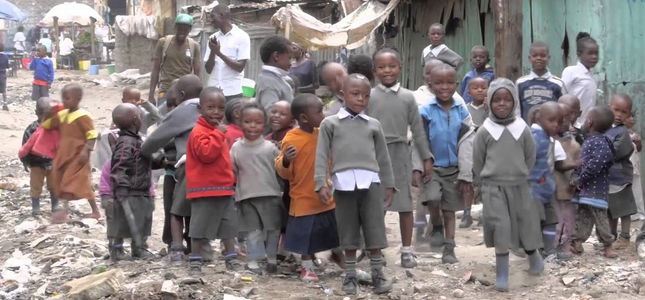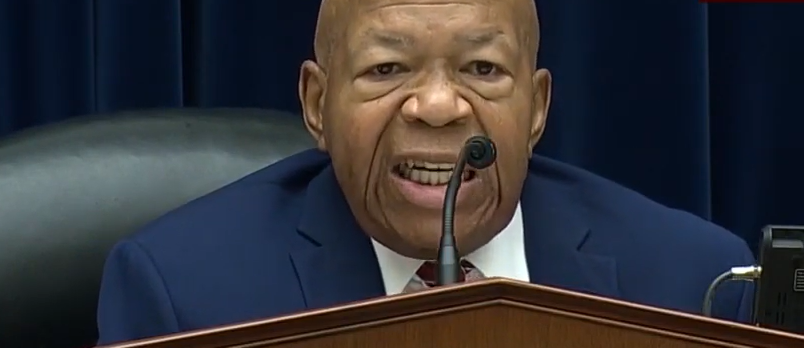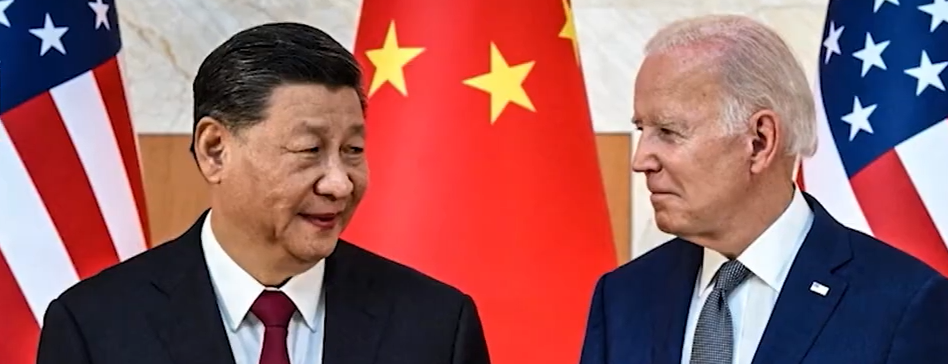Photos: YouTube
The Biden administration has made some admirable moves and gestures toward addressing the immense challenges posed by climate-related migration. But it hasn’t adequately educated the American people about the issue, hamstringing its own efforts to advance an ambitious immigration agenda, including the creation of a path to citizenship for the 10.5 million residents who are undocumented.
Last February, the president signed an executive order that, among other things, called for a report to be written on the international security implications of climate-driven migration and on options for protecting and resettling people displaced by climate change. That report is due in August. In April, Biden asked Congress for $861 million in aid to Guatemala, Honduras, and El Salvador, money that would be spent on measures to bolster economic opportunities, security, and resilience to climate change.
That same month, Senator Edward J. Markey and Representative Nydia M. Velazquez reintroduced legislation, originally introduced in 2019 and co-sponsored by then-Senator Kamala Harris, to develop a “global climate change resiliency strategy to guide U.S. government policy and programming,” and create a “U.S. resettlement pathway for climate-displaced persons.”
Prior to visiting Guatemala and Mexico earlier this month, Vice-President Harris prefaced her trip by declaring her intention to focus on the root causes of migration, including climate change. But the administration’s messaging went in a different direction, pushing the issue of climate-driven migration to the side. When she appeared at a joint press conference with Guatemalan President Alejandro Giammattei, Harris declared, addressing would-be migrants, “I believe if you come to our border, you will be turned back. So let’s discourage our friends or neighbors or family members from embarking on what is otherwise an extremely dangerous journey.”
Unfortunately, that message of deterrence became the major take-away from Harris’ visit, and the vice-president missed an opportunity to expand the urgent and necessary project of educating Americans about climate-driven migration. In the past year, 40.5 million people around the world were displaced from their homes, principally by extreme weather events such as storms and floods. As climate change continues to increase the frequency and severity of such events, many more millions will be displaced from their homes in the coming years.
Last year, writers from the New York Times Magazine collaborated with ProPublica and the Pulitzer Center to develop models charting anticipated impacts of climate change on migration. Focusing on Central America, they found that an “epic migration” has already begun, spurred by intensifying drought, extreme weather events like hurricanes and floods, loss of livelihood, and food insecurity. According to these models, between 680,000 to a million people will head northward to the U.S. over the next thirty years for climate-related reasons. The difference in these estimates will depend to a large extent on the degree to which climate change and climate impacts can be mitigated.
As long as the Biden administration cedes center stage on a critical issue like climate migration, other voices will dominate the stage and define the narrative. Texas Governor Greg Abbott, for example, declared his intention to continue with the wall-building that President Trump had begun, portraying migrants as threats and vowing to arrest them.
Such appeals to fear and reliance on simplistic “solutions” can obscure, at least for a while, the reality that desperate people will brave dangers and continue to come when complete loss of livelihood and violence give them no other option. And, as long as nativist voices dominate the U.S. Senate, asserting that the “border crisis” must be resolved before DACA recipients and other undocumented immigrants can gain a path to citizenship, that path will never be opened.
Over the past year, the terrible suffering and loss of life inflicted by the pandemic raised anew questions about the meaning of national security, about what really makes Americans safe. When one considers the pandemic, it’s clear that hundreds of billions of dollars spent on military technology could hardly match better funded, better-coordinated public health programs. Biden’s recent commitment to send 500 million vaccine doses to other nations exemplifies some awareness that true security, true safety, lies in a deep and nuanced understanding of the interconnectedness of all the peoples on this planet.
The president, his vice-president, and their staff now need to step up and level with the American people: that the planet is changing, that these changes are impacting tens of millions of people, and that a nation with a slowing population growth benefits from immigration. The U.S. is not alone in dealing with these changes, and it can exert global leadership in creating channels that can and must be forged to accommodate the changes, and the people, that are coming.
Andrew Moss, syndicated by PeaceVoice, is an emeritus professor (English, Nonviolence Studies) atthe California State Polytechnic University, Pomona.







